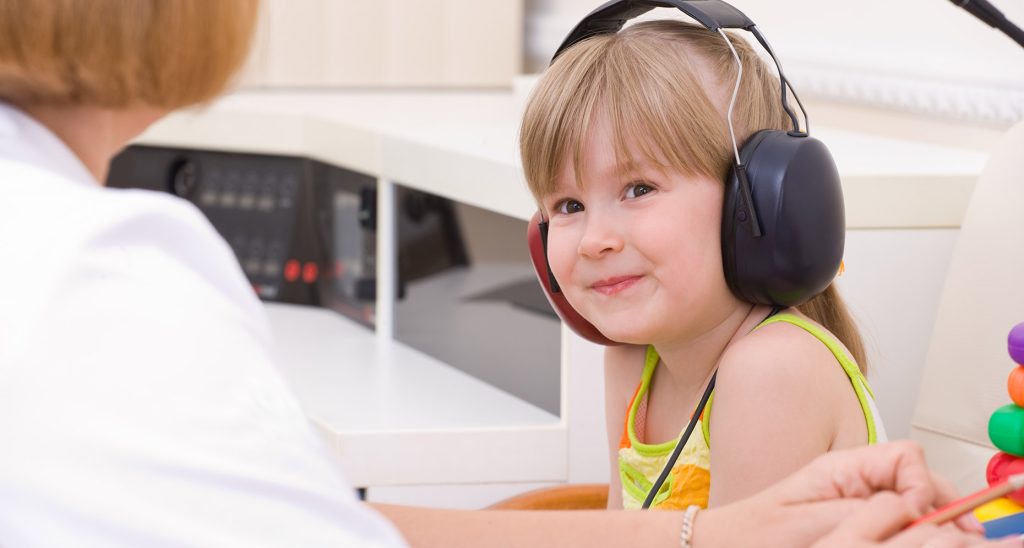Hearing is a critical part of a child’s development. Detecting any issues early can make a significant difference in a child’s communication, learning, and social skills. Understanding hearing tests for children and their importance can help parents ensure their child’s hearing health is on track.
Why Are Hearing Tests Important for Children?
Hearing plays a crucial role in a child’s language development and academic success. Early detection of hearing issues allows for timely intervention, which can prevent developmental delays. Children with undiagnosed hearing problems may struggle with speech development, social interactions, and learning.
Signs Your Child May Need a Hearing Test
Parents should watch for signs that may indicate hearing issues, including:
- Delayed speech development
- Frequently asking for repetition or saying “what?”
- Difficulty following instructions
- Turning the TV or devices up too loud
- Not responding to their name
- Complaints of ringing or pain in the ears
If any of these signs are present, a hearing test should be scheduled promptly.
When Should Children Have Their Hearing Tested?
- Newborn Screening: Most hospitals perform a hearing test shortly after birth. This is a vital first step in detecting any congenital hearing issues.
- Infancy and Toddler Years: Additional hearing screenings are recommended during well-child visits.
- Preschool and School Age: Routine hearing tests are advised before entering school and periodically throughout their academic years.
- If Concerns Arise: Regardless of age, if a parent or teacher notices potential hearing issues, testing should be done immediately.
Types of Hearing Tests for Children
Various tests are used depending on the child’s age and developmental level:
- Otoacoustic Emissions (OAE): Commonly used for newborns and infants, this test measures the ear’s response to sound.
- Auditory Brainstem Response (ABR): This test assesses the brain’s response to sound and is also useful for infants.
- Visual Reinforcement Audiometry (VRA): Suitable for toddlers, this test uses visual cues to gauge hearing responses.
- Pure-Tone Audiometry: For older children, this test uses tones at various pitches and volumes to identify hearing levels.
- Speech Audiometry: Measures a child’s ability to detect and understand speech.
What Happens During a Hearing Test?
Hearing tests for children are painless and non-invasive. The audiologist will choose the appropriate test based on the child’s age and behavior. The test results are often available immediately, and the audiologist will explain any findings and recommend further steps if necessary.
What if the Results Show Hearing Loss?
If a hearing issue is detected, early intervention is essential. Options may include:
- Hearing aids or assistive devices
- Speech therapy to support language development
- Educational support services
- Regular monitoring and follow-up tests
The Role of Audiologists in Children’s Hearing Health
Audiologists are specialists in diagnosing and managing hearing issues. Parents can consult a trusted center for a test auditif Audiologie to ensure accurate assessments and appropriate care for their child.
Conclusion
Hearing tests are a vital part of children’s health care, ensuring that any issues are identified and addressed early. Parents should remain observant for signs of hearing problems and prioritize regular screenings. With timely detection and proper intervention, children with hearing issues can reach their full potential in communication and learning.

